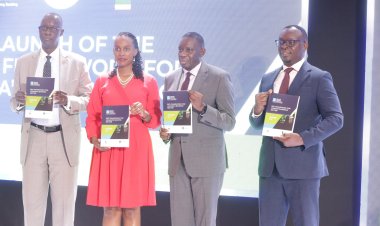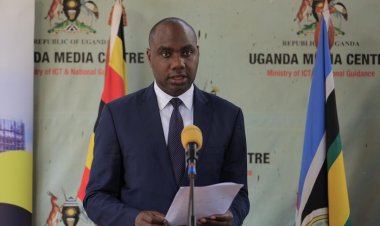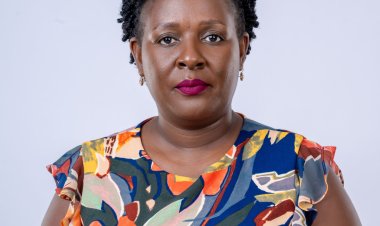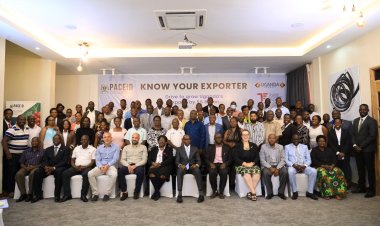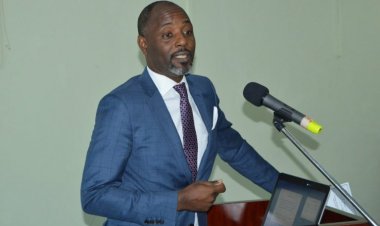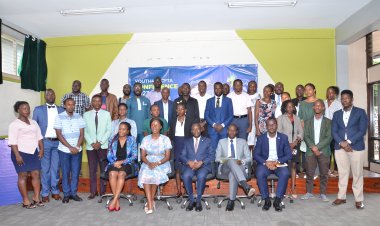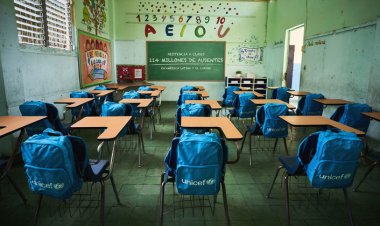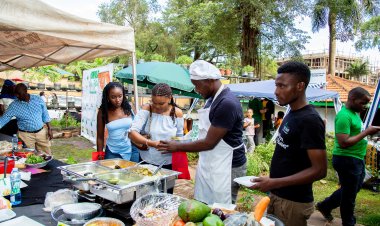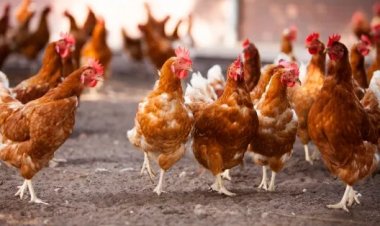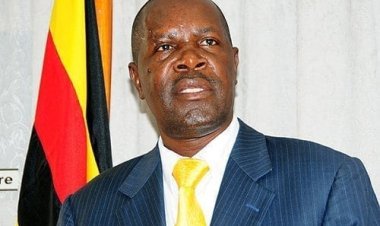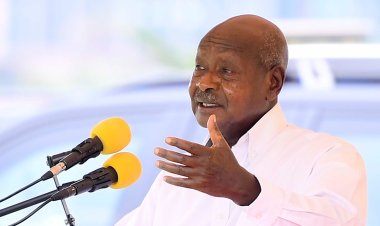West Nile Poised to Become a Major Business Hub Following New Power Infrastructure and Investor Land Acquisition
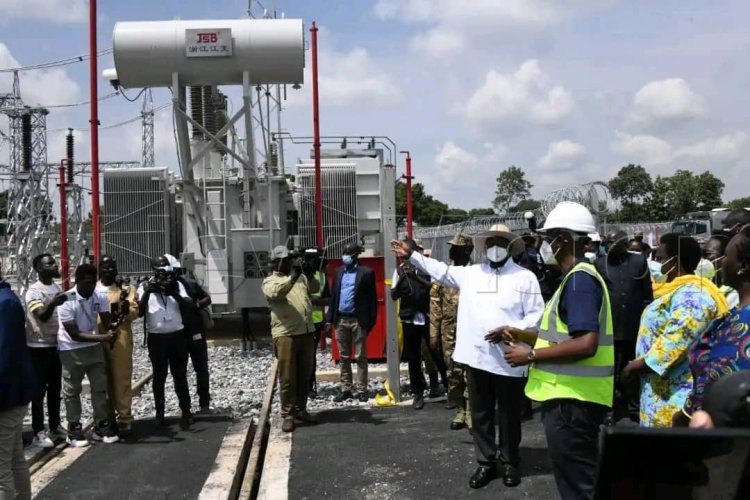
West Nile is poised for growth as a major industrial hub following the recent commissioning of a 132kV double circuit transmission line and the Nebbi substation by President Yoweri Museveni on August 3, 2024.
This development, featuring substations in Gulu, Nebbi, and Arua City with a combined capacity of 90 megawatts, sets the stage for significant business growth in the region.
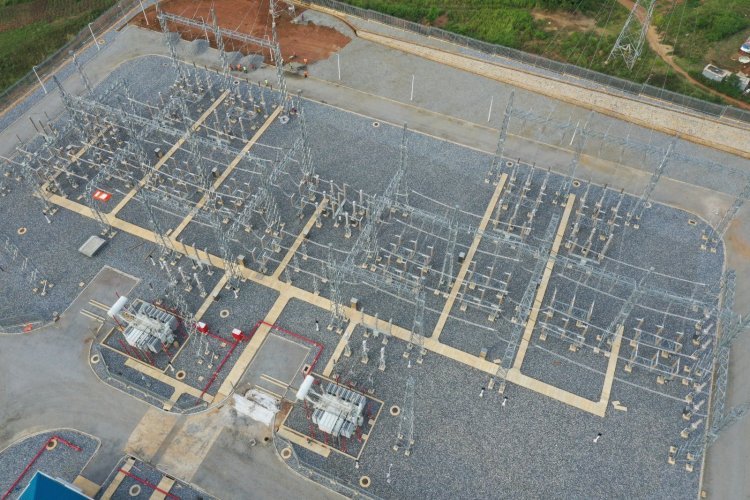
The strategic location of West Nile, bordering the Democratic Republic of Congo (DRC), South Sudan, and the Central African Republic (CAR), positions it as an attractive destination for investors seeking access to lucrative regional markets.
The new power infrastructure is expected to address long-standing energy needs, providing a reliable and substantial power source to support industrial activities.
In his speech during the commissioning ceremony, President Museveni emphasized the importance of developing industrial parks to harness the full potential of the newly available power.
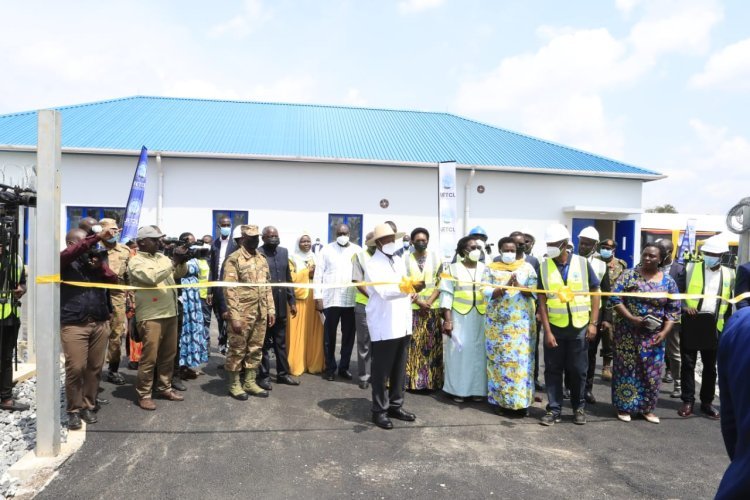
"With this power supply, we shall be able to confidently attract factories. There is a lot of power waiting to be used."
"What I recommend is to develop an industrial park in West Nile near the power line such that investors do not have to come and waste time looking for land. That way, we will be able to consume the 90 megawatts of power," he stated.
West Nile, comprising 13 administrative units including Pakwach, Nebbi, Zombo, Madi-Okollo, Arua, Maracha, Terego, Koboko, Yumbe, Obongi, Moyo, Adjumani, and Arua City, has been identified as a key area for industrial expansion.

The region’s access to abundant raw materials and proximity to neighboring markets is set to drive growth in sectors such as agro-processing, manufacturing, real estate, and more.
Investment opportunities abound, particularly in agro-processing of products like grains, cassava, fruits, coffee, cotton, tobacco, cocoa, tea, and vegetables.
The region is also well-suited for ventures in manufacturing, real estate, tourism, oil and gas, logistics, mining, and fishing.
With a local population of 3.9 million and access to markets in the DRC, South Sudan, and CAR, the economic potential of West Nile is considerable.
The Uganda Investment Authority (UIA) has already secured land for industrial development, including 511 acres in Nebbi, 500 acres in Madi-Okollo, and 1,200 acres in Yumbe.
The Nebbi Industrial and Business Park, in particular, is well-positioned with access to continental highways, industrial power, water, and broadband lines.
Its proximity to the oil-rich Lake Albert Basin and the DRC border further enhances its attractiveness to investors.
One notable example of West Nile’s growing industrial base is Oyoma General Store, one of Uganda’s largest wineries, which started as a cottage industry in Nebbi District.
The winery has expanded its reach to markets in West Nile, northern Uganda, mid-western Uganda, eastern DRC, South Sudan, and CAR, employing 1,600 people and contributing significantly to the local economy.








